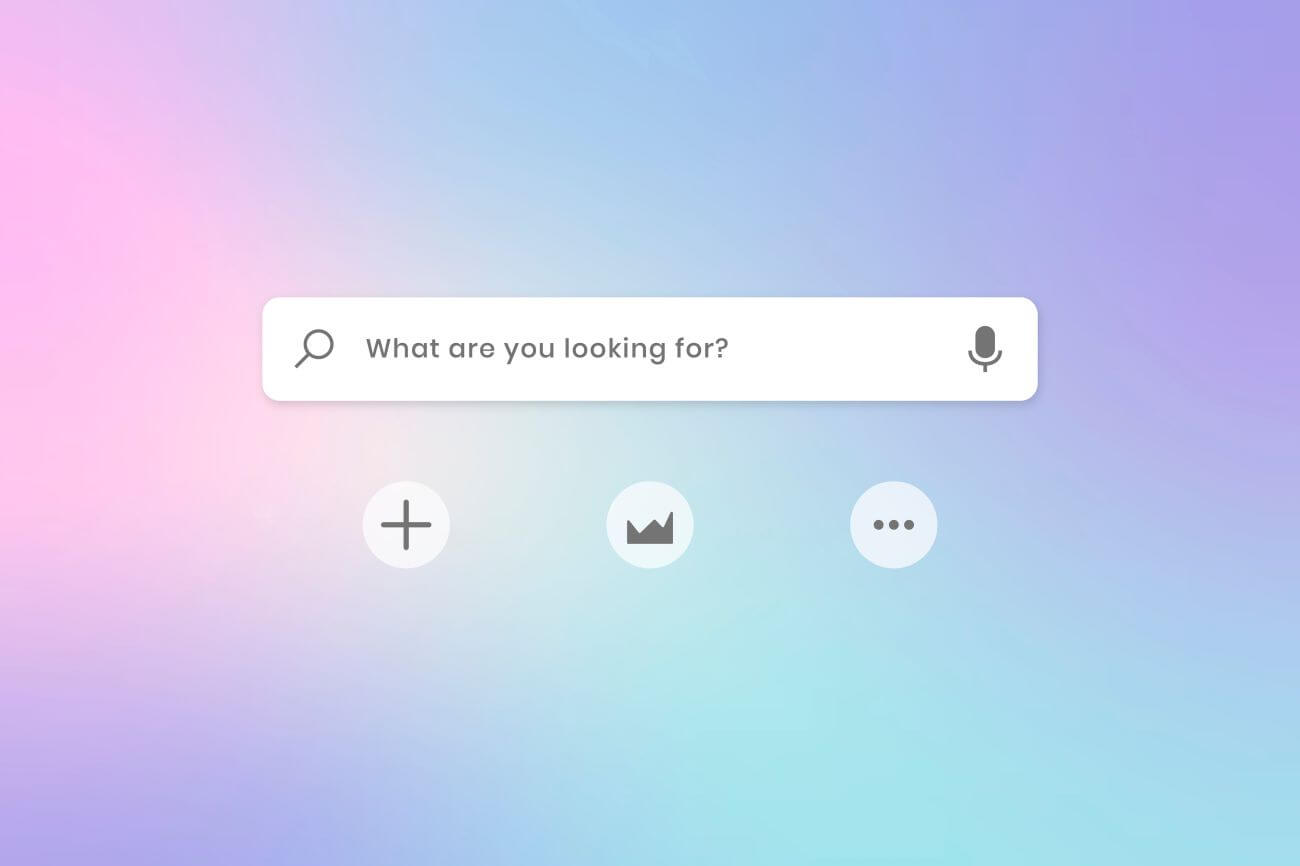Search intent is the mainstay of any good SEO strategy. After all, if you don’t know what your audience is looking for, how can you give it to them? In this article we’ll explore what search intent is, and how to use it to improve your SEO.
What Is Search Intent?
Search intent, also known as user intent, is the goal that a person has when they perform a search query on a search engine such as Google. There are four main types of search intent:
- Informational: The user is looking for information about a specific topic.
- Navigational: The user is looking for a specific website or web page.
- Transactional: The user is looking to buy something.
- Commercial investigation: The user is looking for information to help them make a purchase decision.
Knowing the search intent of a user can help you to better target your content and improve your chances of ranking in the search results. It can also help you to avoid creating content that does not match the user’s needs, and instead create content that meets their needs and answers their questions.
Informational Search Intent
Informational search intent is when a user is looking for information about a topic. They may be looking for general information, or specific information about a particular subject. It can be contrasted with commercial search intent, which is when a user is looking to buy something.
Information search intent is usually characterized by keyword phrases that begin with who, what, where, when, why, or how. For example, someone searching for “who invented the telephone” has informational intent. In contrast, someone searching for “which phone to buy” has commercial intent.
It’s important to understand the difference between informational and commercial search intent because it can help you optimize your website and content for the right keywords. If you’re trying to attract users who are looking to buy something, you’ll want to focus on keywords with commercial intent. If you’re trying to attract users who are looking for information, you’ll want to focus on keywords with informational intent.
Transactional Search Intent
Transactional search intent is when a user is searching for something with the intention of buying or purchasing a product or service. Transactional search intent is often signified by keywords such as “buy,” “purchase,” “price,” or “deal.” If you’re targeting transactional keywords, your goal should be to rank highly in the search results, so that users will see your listing and be more likely to click through to your website or online store.
There are a few things you can do to optimize your website for transactional search intent:
- Use relevant and targeted keywords on your website, in your titles and headings, and in your content.
- Make sure your website is easy to navigate and user-friendly so that users can find what they’re looking for quickly and easily.
- Use persuasive and compelling language on your website to convince users to buy from you.
- Offer deals, discounts, or coupons to entice users to purchase from you.
By following these tips, you can optimize your website for transactional search intent and improve your chances of ranking highly in the search results and driving more sales.
Navigational Search Intent
Navigational search intent is when a searcher is looking for a specific brand or website. For example, if someone searches for “Facebook,” they are likely looking to go to the Facebook website. If someone searches for “Amazon,” they are likely looking to go to the Amazon website. This type of search intent is usually accompanied by the searcher already knowing what they want from the site that they are trying to find.
Searchers who have navigational intent are usually looking for a specific page on a website, rather than trying to find general information. For this reason, navigational searches are usually quite short and specific. A searcher who has navigational intent is usually not looking to learn anything new, but rather is looking to find a specific page or piece of information that they already know exists.
If you want to target navigational searchers, it is important to make sure that your website is easy to navigate and that your pages can be easily found by search engines. It is also important to use keywords that match the searcher’s intent, as this will help your website to appear more prominently in search results.
Commercial Investigation Search Intent
Commercial search intent is basically a “potential customer.” This is when people are trying to make a purchase decision and are looking for information to help them compare products, find the best deal, or make a decision about what to buy. If you want to target commercial investigation searchers, your site needs to be focused on providing information that helps people make purchase decisions. This means having detailed product pages, reviews, comparisons, and other resources that help searchers understand their options and make the best decision.
It’s also important to remember that commercial searchers are often looking for specific information, so your site needs to be well-organized and easy to navigate. Make sure your site has a clear structure and use descriptive titles and headers to help people find what they’re looking for.
Search Intent and SEO
Search intent is an important factor to consider when optimizing your website for SEO. This is because the goal of SEO is to improve your website’s visibility in the search results so that users can find the information they are looking for. If you create content that does not match the user’s search intent, it is unlikely that they will find it useful, and you may even be penalized by Google. On the other hand, if you create content that meets the user’s needs and answers their questions, you are more likely to rank higher in the search results and get more traffic to your website.
